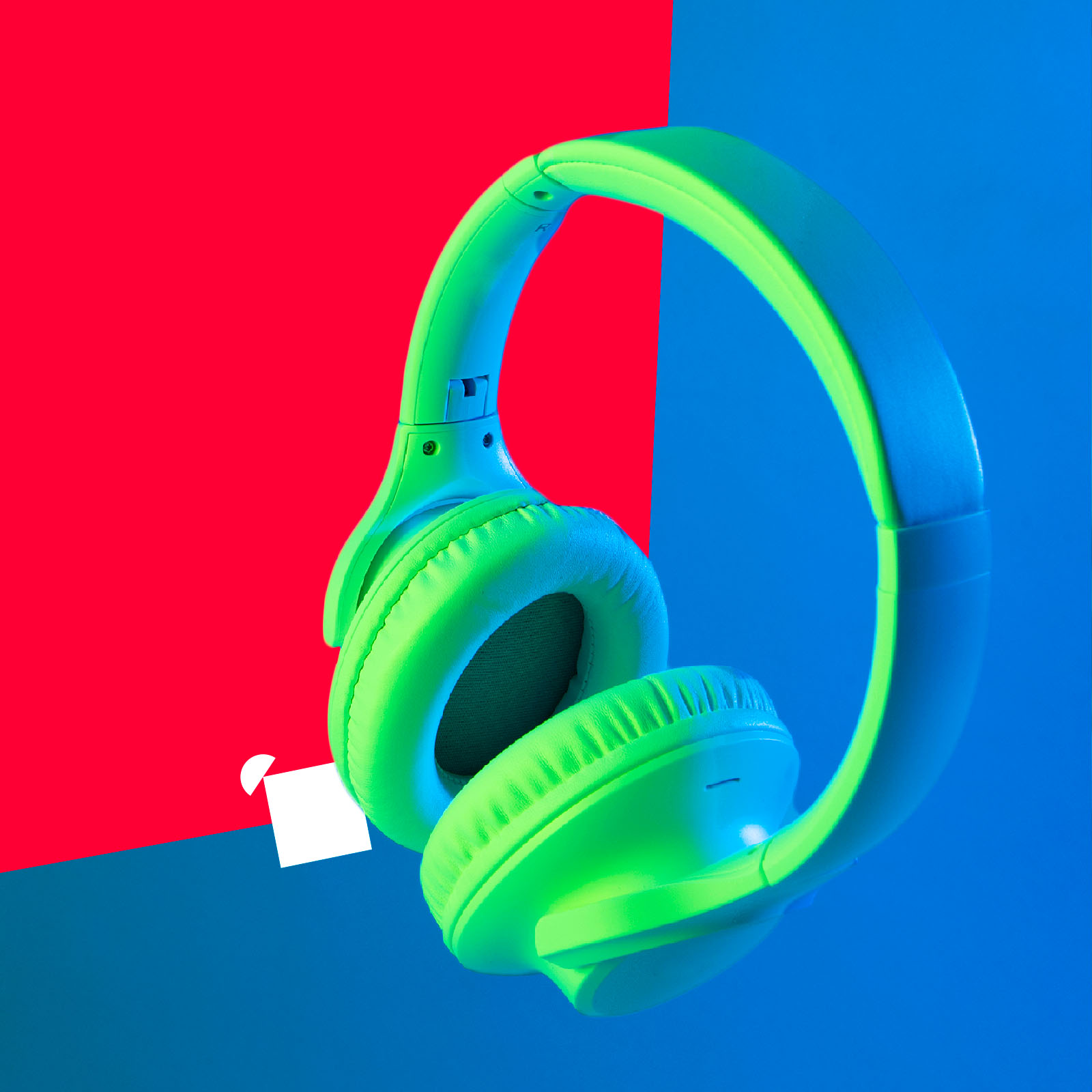Listeners:
Top listeners:
-
 play_arrow
play_arrow
Cosoro Radio UK No.1 Afrobeats Music Radio Station in UK

Introduction
As artificial intelligence (AI) continues to reshape various industries, the music world is no exception. From AI-generated compositions to deep learning tools that mimic famous artists, the emergence of music AI has sparked both excitement and controversy. However, amid this technological innovation, a central challenge has emerged: the need for a comprehensive licensing framework to protect artists’ intellectual property. This article explores how music AI is transforming the industry, the complex legal battles brewing around copyright, and what the future holds for both musicians and tech developers.
AI’s Growing Influence on Music Creation
AI’s integration into music creation has grown rapidly, with algorithms capable of generating full compositions, remixing existing songs, and even mimicking the voices of well-known artists. AI tools like OpenAI’s Jukebox and Google’s Magenta have demonstrated the potential to automate parts of the music production process, offering both experimentation and efficiency to creators. However, the rise of AI-driven music also raises questions about authenticity, ownership, and the value of human creativity.
The Copyright Conundrum: Who Owns AI-Generated Music?
One of the most significant issues music AI faces is the question of copyright. Traditional copyright laws were built to protect human-generated works, leaving a gray area when it comes to AI-generated content. If an AI model is trained on existing songs, who owns the rights to the new material it produces? Is it the developers who created the AI, the musicians whose works were used in the training, or the person instructing the AI?
In some instances, AI-generated music draws heavily on copyrighted material, which could lead to legal repercussions. For example, unauthorized use of an artist’s likeness or style could infringe on intellectual property rights, leading to a rise in potential lawsuits.
The Need for Licensing Models: Solutions for Artists and AI Developers
The music industry is now at a critical juncture where new licensing models must be developed to ensure both creators and developers are compensated fairly. In response to this challenge, some experts argue for the creation of licensing frameworks specifically tailored to AI-generated content. Such frameworks would allow developers to use artists’ work with permission, compensating them for any generated content that builds upon their original compositions.
A potential model could involve a royalty system where revenue from AI-generated songs is shared between the developers of the AI tools and the musicians whose work was used as input. By streamlining this process, artists would be more willing to embrace the possibilities AI offers without fearing financial loss or loss of control over their work.
Case Studies and Legal Battles
Several high-profile cases highlight the growing tensions around AI and music copyright. For example, artists like Jay-Z have taken action against unauthorized use of their voices in AI-generated songs. Additionally, platforms like YouTube have faced growing scrutiny for allowing AI-generated content that mimics copyrighted works to be posted without proper authorization.
One of the most debated instances is a viral AI-generated song mimicking the styles of Drake and The Weeknd, which was removed after legal action. This highlights the urgency of creating legal clarity around AI’s role in music creation.
Future Prospects: What’s Next for AI and Music?
As AI becomes more sophisticated, the music industry will need to strike a balance between innovation and protection of intellectual property. Licensing models, industry-wide guidelines, and updates to existing copyright laws will all play a role in shaping the future of AI-driven music. Additionally, artists and developers must work together to find solutions that benefit both parties.
Ultimately, the intersection of AI and music presents an exciting, if complex, future. Artists will continue to explore the possibilities that AI brings, while the legal landscape must evolve to ensure creators are fairly compensated for their work in this brave new world.
Tune in every Tuesday, 9:00AM – 9:30AM, to get the latest tech gist only on Cosoro Radio.
Written by: Oluwaseye Owoborode
Recent Comments
No comments to show.
Copyright © 2025 Cosoro Radio | All rights reserved










Post comments (0)